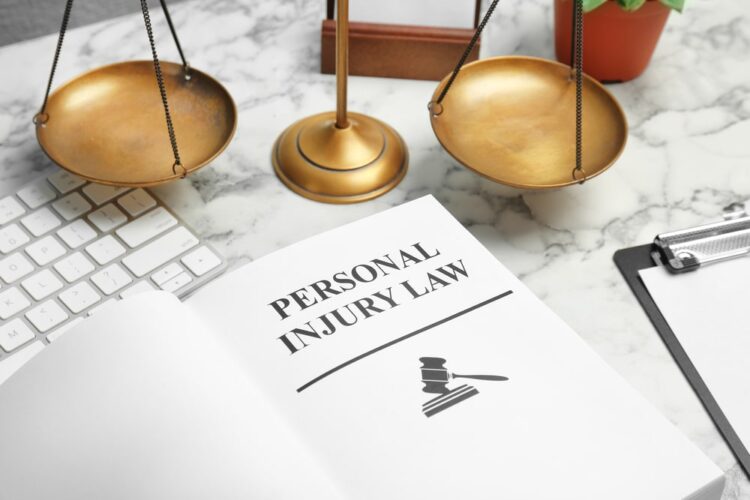August 23, 2023
When you’ve suffered a personal injury due to someone else’s negligence, seeking justice and compensation is a fundamental right. However, proving a personal injury case can be a complex and demanding process. The following are some of the methods used to prove a case.
Establishing Liability
The foundation of any personal injury case is establishing liability, which means proving that someone else is legally responsible for your injuries. This requires demonstrating that the defendant had a duty of care, breached that duty, and as a result, caused your injury.
Personal injury law varies by jurisdiction, but the key legal concept is negligence. To succeed, you must present evidence that the defendant failed to act reasonably under the circumstances. This often involves gathering witness statements, accident reports, and any available surveillance footage.
Documenting Injuries
To prove the extent and impact of your injuries, it is crucial to thoroughly document them. Seek immediate medical attention and follow your healthcare provider’s recommendations.
Medical records are essential evidence in a personal injury case. These records detail your injuries, treatment, and prognosis. They serve as objective proof of your injuries and can establish the connection between the accident and your medical condition.
Gathering Evidence
Building a strong case requires collecting as much relevant evidence as possible. This includes photographs of the accident scene, property damage, and any contributing factors.
Evidence is the cornerstone of any legal case. The more evidence you can gather, the stronger your case will be. It’s essential to preserve evidence, as it can deteriorate or disappear over time. Quick action can make the difference in preserving crucial proof of liability.
Eyewitness Testimony
Witnesses who observed the accident or its aftermath can provide vital testimony in your favor.
Eyewitness testimony can be compelling in court. Witnesses can corroborate your version of events and provide additional details that may support your case. It’s essential to gather contact information from witnesses as soon as possible after the accident.
Expert Testimony
In complex personal injury cases, expert witnesses may be called upon to provide specialized knowledge or opinions.
Experts, such as medical professionals or accident reconstruction specialists, can offer invaluable insights into the cause of your injuries and their impact on your life. Their testimony can help establish liability and the extent of your damages.
Establishing Damages
In a personal injury case, you must demonstrate the damages you have suffered, both economic and non-economic.
Damages include medical bills, lost wages, property damage, and pain and suffering. To prove these damages, you will need to provide documentation such as bills, receipts, and financial records. Non-economic damages, such as pain and suffering, are often more challenging to quantify but are equally important.
Consult An Attorney
Navigating the intricacies of a personal injury case can be daunting, especially when dealing with legal nuances.
Consulting with an experienced Sebastian, FL personal injury lawyer is crucial. An attorney can help you understand the specific laws and regulations in your jurisdiction, guide you through the legal process, and advocate for your rights. They can also negotiate with insurance companies on your behalf and, if necessary, represent you in court.
If you’ve been injured in an accident, call Tuttle Larsen, P.A. today to find out what your legal options may be.

